You know you need to knock some habits. Maybe you’re also doing something you don’t realize is not good for you. Read on. We’ll try not to be too preachy.
1. Not Telling Your Doctor The Whole Truth

This is also known as exaggerating, leaving out a detail (or more), or flat out lying! The risk, besides hurting your ego, is you could be hurting yourself. When your doctor knows you are doing X (and we’ll leave “X” to your imagination) he or she might be able to solve a seemingly unrelated health issue you’re experiencing. Here are the top lies we tell our doctors: I quit smoking. I drink alcohol once in awhile. I exercise regularly. I only take prescribed medications. I don’t skip taking said meds. I eat healthy foods. I perform fine in bed. There’s no family history of that ailment. I feel fine/awful. Eh, tell the truth.
2. Emotional Eating
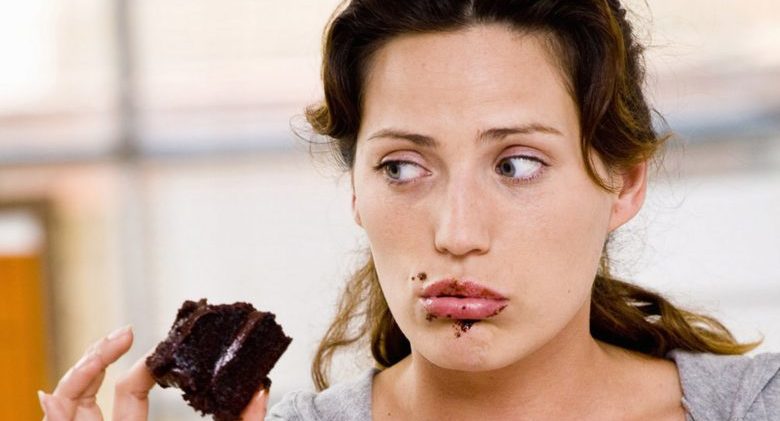
If you reach for the chocolate every time you feel stressed, depressed or even just bored, you could be headed for health problems. When you eat because you are trying to counterbalance an emotion, you probably won’t be reaching for fruit and veggies to chomp out your angst. Chocolate, cake, ice cream and other satisfying sweets are the typical emotional-eating fare. These self-medicating treats stimulate the pleasure center in the brain and help us to feel better. But the calories and the sugar build and can lead to weight gain and all the health issues that come with it, namely heart problems and diabetes. Instead for reaching for the Oreos, try these ways to hit the pleasure center: work out, walk, do yoga, meditate, or take a hot bath.
3. Living By The Scale
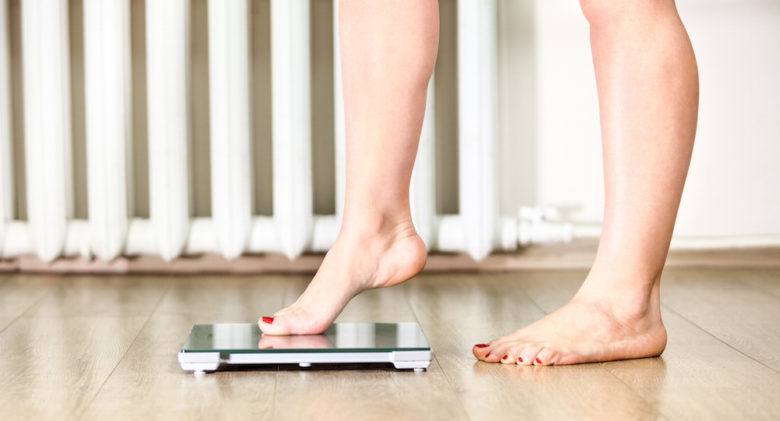
Let the numbers on your scale motivate you or make you feel accomplished. Don’t let the numerical results of your feet resting on your square private stage discourage you. And more important, don’t spend too much time checking the latest three digits; it could lead to an unhealthy obsession or even an eating disorder. If you’re on a diet, daily weigh-ins have proved helpful to the cause, but don’t let the numbers dictate the day’s menu. Daily ups and downs are usually due to water loss or gain which is not lasting. For instance, morning readings reflect deflated digits due to overnight sleep dehydration. Try recording your daily weight and then averaging the numbers weekly. Use this figure to determine your goals and plan of action.
4. Putting Off The Check-Up

Doctors stress the importance of regular exams to identify risk factors and problems before they become serious. If diseases are caught early, treatments are usually much more effective. That is, you have a better chance of living longer. For instance, survival rates for breast cancer near 100% when it is found in the early stages. The percentage drops drastically to 20% when detected in the last stages. Ovarian cancer may start with symptoms like bloating, bleeding or abdominal or pelvic pain. If discovered early enough, the cancer may be able to be stopped. Men should start getting their prostate checked at age 50 (if you’re of African descent, age 40).
5. Midnight Snacking
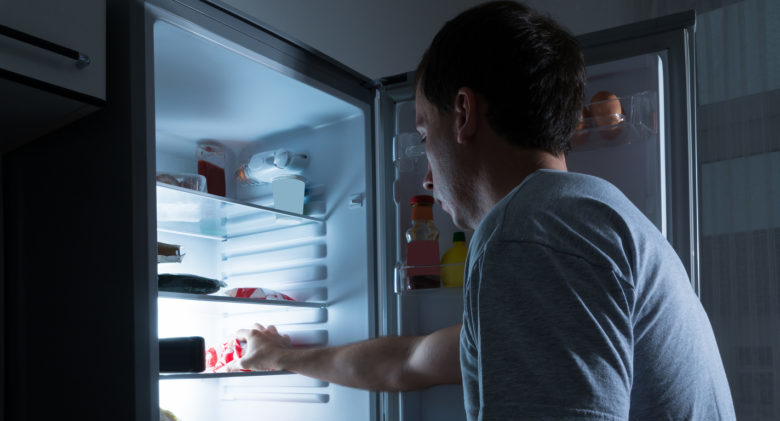
Studies show that eating one to one and-a-half hours before bed could be beneficial…if you eat the right foods. Included in this group are a cup of yogurt, one serving of popcorn, or a piece of fruit. Try not to eat too much or just before lights-out because that has negative effects as well, causing your digestive system to work extra. This could affect your sleep and leave you groggy the next day. Plus, the added calories won’t get used up as efficiently as if you were active, like during the awake hours. Over time, this habit could lead to weight gain.
6. Eating Late Dinners

Working long hours, traveling for business, and trying to fit everything into a day has led to the trend of pushing off dinner until late. What’s more, for many, dinner tends to be the biggest meal of the day. The habit of eating a lot of food before retiring to bed has led to an epidemic of acid reflux, heartburn and indigestion. For healthy individuals, it takes a few hours for a stomach to empty its contents. Laying down before this occurs can allow stomach acid to travel up the esophagus. This can lead to esophageal cancer, which has risen five-fold since the 1970s. The best way to avoid this is to eat your big evening meal earlier.
7. Texting While Driving

Think back to when you were 13 years old. If you were in the car with an adult who was reading a newspaper while he navigated the roads would you have felt safe? Is reading texts on a small device, or worse, replying, any better? Nearly 330,000 injuries each year are the results of accidents caused by texting while driving, and 25% car accidents in the United States is the result of texting while driving. That’s one out of every four! There is no text message that is more important than your life or the lives of your passengers who are trusting their lives to you, or more important than the people in cars and on sidewalks around you. Save the text for a red light or until you reach your destination—safely.
8. Smoking

According to the American Lung Association, there are about 600 ingredients in a cigarette that produce more than 7,000 chemicals. Not one of them is good for your health and at least 69 of them can cause cancer. Many of these ingredients are also in cigars and in the tobacco used in pipes and hookahs. If you smoke cigars, you’re not off the hook. The National Cancer Institute says cigars contain a higher level of carcinogens than cigarettes. 443,000 people die from this deadly habit which is completely preventable. But you knew that already.
9. Staying Up Late

Burning the midnight oil and also being the early bird comes with its costs. Irritability and brain fog from lack of sleep can ruin the next workday by robbing you of clear thinking and problem-solving abilities. It’s also harder to concentrate when you’re tired. But there are bigger issues at stake. Chronic lack of sleep can lead to heart problems and even cardiac arrest, high blood pressure, stroke, and diabetes. Lower down the totem pole of maladies is aging skin and symptoms of depression. None of it’s pretty, including your attitude the morning after not getting the required amount of sleep your body demands. Go to sleep when you’re tired at night.
10. Not Drinking Enough Water

The body is made of 65% of water. Or, at least it’s supposed to be. We shed water like Weight Watchers try to shed pounds, and it’s important to maintain the high level of water that should be in our bodies. When that level begins to drop, so does our energy and our performance. Also, water energizes muscles. Without the proper balance of fluids, muscles can tire faster and even cramp. Headaches are a result of dehydration as well as dry, wrinkled skin. Continually lacking cups of H2O can even result in kidney stones, especially if you live in a warm climate. Try this: drink a tall glass of water as soon as you wake up in the morning. You can also drink a cup of water immediately after using the toilet to replenish lost fluids…and even add some if the cup is big enough.
11. Sunbathing
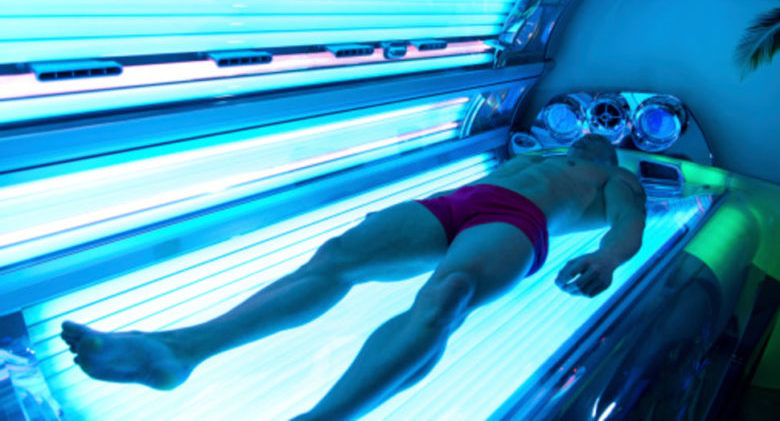
The sun’s rays have important benefits for our skin. For starters, the ultraviolet B rays help the body produce vitamin D. This vitamin delivers myriad benefits from enhancing moods to preventing bone and joint aches and rickets. It’s important to expose large portions of your skin to the sun to reap the benefits, but it is dangerous to spend too much time worshipping the celestial body. This habit can harm your body. Starting with the skin, the rays can lead to wrinkles, sun spots and worse, melanomas. This could be skin cancer. In fact, overexposure to ultraviolet (UV) light from the sun or tanning in sunbeds is the main cause of skin cancer. Limit your time enjoying the rays.
12. Drinking Alcohol

It’s okay to have a glass of wine. Or beer. Or bourbon. The key is drinking in moderation. Moderation does not mean downing a bunch of cocktails or shots and getting sloppy drunk once a week. It’s been reported that one to two drinks a day can have benefits like reducing your risk for heart disease by raising HDL (good) cholesterol. When the number of drinks increases to three or more, the risk of high blood pressure or heart disease also increases. Continually drinking too much can lead to liver disease, and this is one organ you want to take care of. Cocktails before bed do not improve sleep, contrary to belief. It may help you fall asleep faster, but the quality of your sleep will be disturbed.
13. Chewing Ice
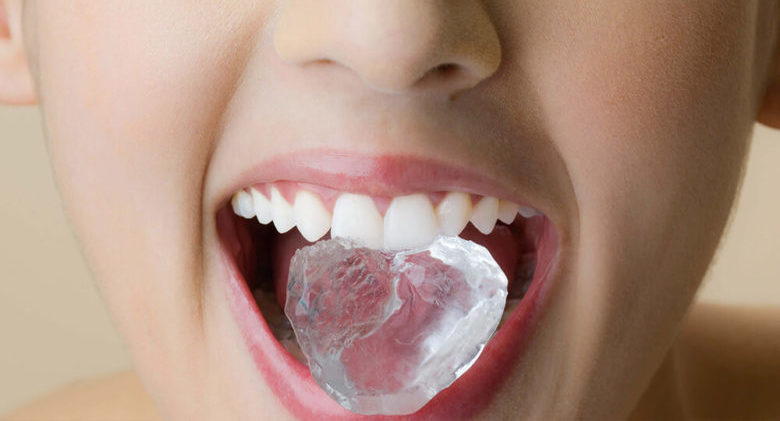
Ice is frozen water and water is essential to your health and to your survival. But chewing on the frozen form will hammer your teeth and likely wear down the protective enamel. This will leave your teeth more sensitive to hot and cold foods and can make eating painful. Wearing down the enamel also leaves your teeth vulnerable to decay. Bite the wrong way and ice can actually crack a tooth and damage your gums. Finally, ice can wreak havoc on veneers and fillings. Take care of your choppers! Suck on ice slivers or munch on baby carrots (for the crunch) to keep your teeth in your mouth longer. (Incidentally, if you do really desire to chew ice, it could be linked to an iron deficiency, so talk to your dentist.)
14. Using Your Teeth As A Tool

Even though tooth enamel is the hardest part of the human body, the enamel on your teeth is thin and not indestructible. Using your teeth as tools to open bottles, cut wires or tear apart plastic can crack or chip your teeth. Damage like that is irreversible save for going to the dentist and spending your savings on root canals and crowns. (Insert unhappy face here.) You can even knock your jaw out of alignment which can be annoying and painful. Using your teeth as holders (eg. for screws, nails, pins, etc.) can create circle-shaped holes in your teeth over time. They don’t go away. Your teeth are not a Swiss Army knife and they are not a third hand. Use ‘em for chewin’.
15. Eating Too Fast
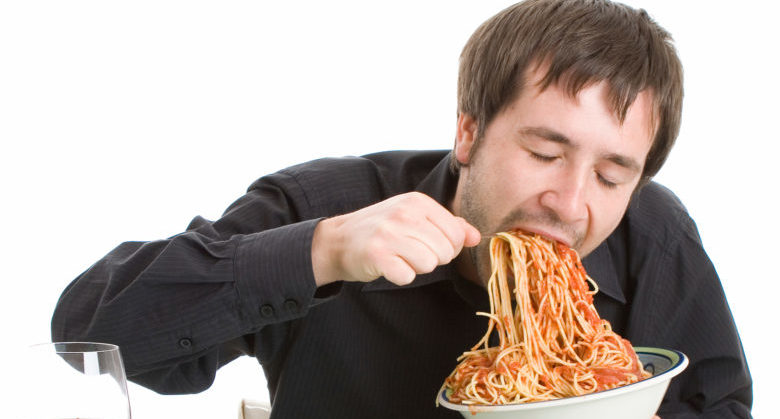
Yes, your schedule is full. Yes, you have phone calls to make and people to convince. No, the flight won’t wait for you. But shoveling your food down your throat to get you to the next item on your agenda comes with consequences. For starters, this habit usually equates to consuming more calories. This can lead to weight gains and even obesity over time. On the more immediate side, eating too quickly opens the door to heartburn, indigestion and even acid reflux, none of which you want to experience in the meeting that compelled you to eat fast in the first place. If you can, stretch your meals out to twenty minutes. This may take some scheduling.
16. Working Too Much

Have you ever heard of anybody, when on their deathbed, say, “I wish I spent more time at the office?” We are a society that lives to work more than we work to live. This takes its toll on health in the form of stress. It also decreases inner happiness and sense of fulfillment. Yes, you may conquer huge trials or challenges in your industry, or take your business to new levels of profitability, but are you happy with your home life? Are you connected with your community? Stop for a moment and plan backwards. How do you want people to remember you? Try writing your eulogy…and start living up to it now.
[Featured Image Credit: http://blog.pamhule.com/]
